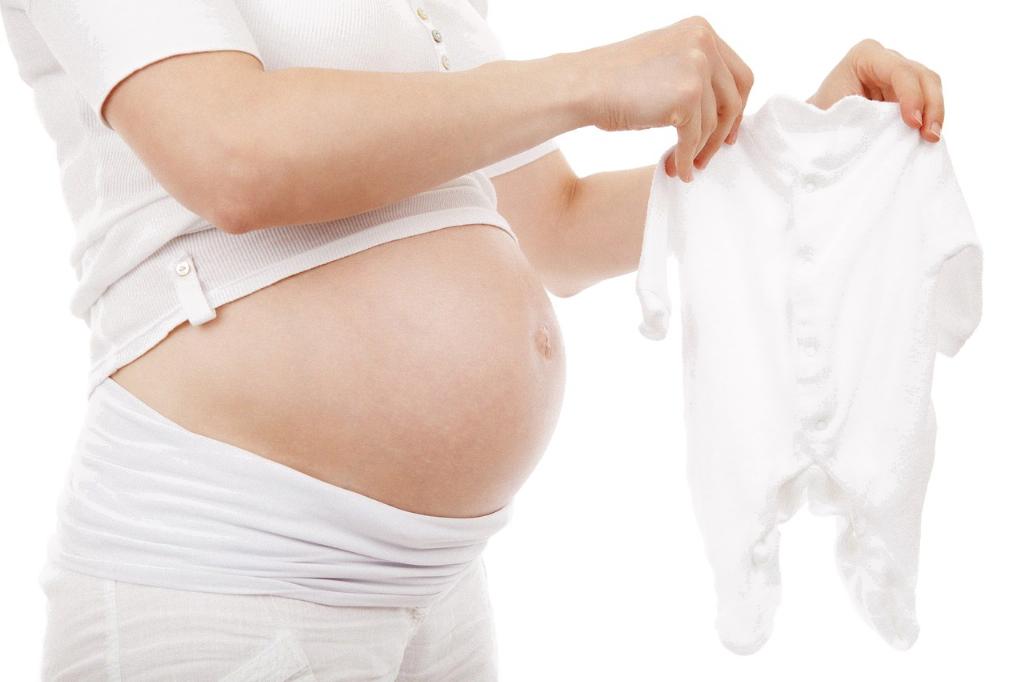When it comes to pregnancy, age plays a significant role in determining the risk factor associated with carrying a child. Technically, there is no specific age that universally defines a pregnancy as high risk, but medical professionals usually consider pregnancies of women under 17 or over 35 years of age as high risk.
Risks Associated with Teen Pregnancies
Teenage pregnancies can be labeled as high risk due to the increased likelihood of complications such as preterm (early) delivery, low birth weight, and high blood pressure. Young mothers may also face emotional, financial, and social challenges that can impact both the mother and the baby.
Challenges of Advanced Maternal Age
On the other end of the spectrum, pregnancies in women aged 35 or older are also considered high risk. Advanced maternal age can lead to a higher risk of chromosomal abnormalities in the baby, such as Down syndrome. Older mothers are also more likely to experience gestational diabetes and preeclampsia.
Increased Risks for Women Over 35
Women over 35 may face difficulties in conceiving naturally due to declining fertility. In addition, the risk of miscarriage and stillbirth tends to be higher in older mothers. The overall health of the mother, including conditions like heart disease and hypertension, can further complicate the pregnancy.
Factors Influencing Pregnancy Risks
While age is a crucial factor in determining pregnancy risk, it is not the only consideration. Other factors such as underlying health conditions, lifestyle choices, and previous pregnancy history can also contribute to the overall risk level of a pregnancy.
Importance of Prenatal Care
Regardless of age, all expectant mothers should prioritize prenatal care to monitor the health of both mother and baby throughout the pregnancy. Regular check-ups, screenings, and consultations with healthcare providers can help identify and manage any potential risks.
Educational Support for Young Mothers
For teenage mothers, access to educational support and resources is crucial in ensuring a healthy pregnancy and positive outcomes. Comprehensive sex education, counseling services, and parenting classes can empower young mothers to make informed decisions for themselves and their baby.
Advanced Testing for Older Mothers
Women over 35 may benefit from advanced prenatal testing, such as amniocentesis or chorionic villus sampling, to screen for genetic disorders in the developing fetus. These tests can provide valuable information to guide the management of the pregnancy.
Emotional Support for Expectant Mothers
Pregnancy, especially in high-risk situations, can be emotionally challenging for women. It is essential for expectant mothers to seek emotional support from family, friends, or professional counselors to navigate the ups and downs of pregnancy and prepare for the arrival of the baby.
Specialized Care for High-Risk Pregnancies
In cases where a pregnancy is deemed high risk due to maternal age or other factors, specialized care from maternal-fetal medicine specialists or obstetricians with expertise in high-risk pregnancies may be recommended. These healthcare providers can offer tailored management and monitoring to optimize outcomes.
Conclusion: Addressing Pregnancy Risk Factors
While age can influence the risk level of a pregnancy, proactive healthcare, emotional support, and access to resources are essential for all expectant mothers. By addressing specific risk factors and embracing comprehensive care, women of all ages can navigate the journey of pregnancy with confidence and positivity.

